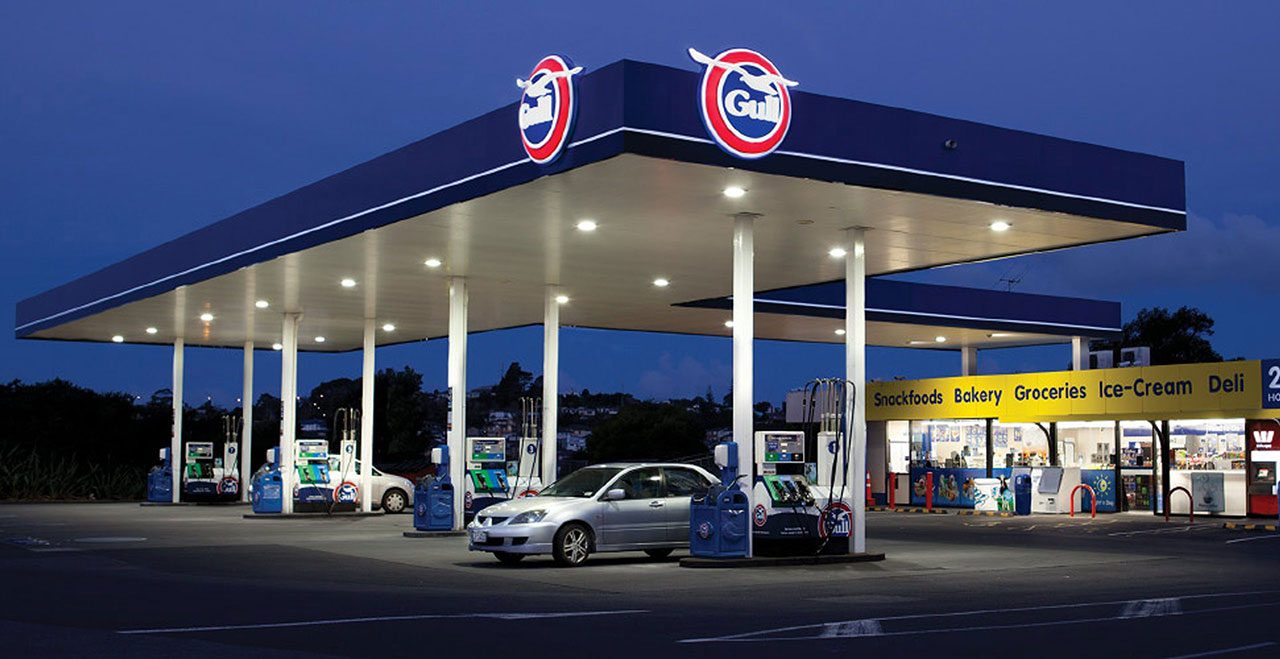This article is from the Australian Property Journal archive
ASX-listed Charter Hall Retail REIT (ASX: CQR) has expanded its service station platform, spending a total of $107.8 million on 17 Gull petrol station assets in New Zealand and extending its interest in its partnership with Ampol Ltd.
The new purchases have increased the REITs income from triple net leases directly linked to CPI, while lifting CQR’s weighted average rent reviews.
“I’m delighted to announce this expansion in our Long WALE convenience retail portfolio. These acquisitions, secured off-market, raise the weighted average rent review and growth delivered from the portfolio annually,” said Ben Ellis, CEO of Charter Hall Retail.
The portfolio of 18 Gull service stations comprises the majority of Gull’s 100% owned network in New Zealand, with the convenience retail assets predominately located in metropolitan centres, with 56% in Auckland and 5% in Wellington.
With a WALE of 15 years, the portfolio was purchased off-market through a sale and leaseback agreement for AUD $58.1 million, representing a core cap rate of 6.4%.
The REIT also acquired a 5% interest in an existing partnership between Charter Hall and Ampol, with Charter Hall owning a 49% interest in a portfolio of 204 Ampol convenience retail assets.
85% of the Ampol assets are situated on Australia’s eastern seaboard, with 83% in metro or commuter metro locations, with a 17.7-year WALE.
The interest was acquired for $43.6 million, representing an initial yield of 4.53%, before the CPI rent review scheduled for the second quarter of FY23.
“[The acquisitions] provide CQR investors with a rare opportunity to access a growing inflation-linked earnings stream in a highly capital efficient manner. They also further expand our relationship with major retailer Ampol Ltd, while introducing Gull to our tenant mix. The acquisitions are accretive to earnings and further increase the resilience of CQR’s portfolio and the quality of income,” concluded Ellis.
The acquisitions will be funded by existing investment capacity and are accretive to earnings, and will increase CQR’s exposure to direct inflation-linked earnings by around 2%.




